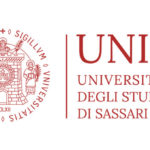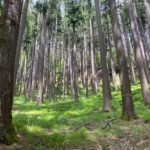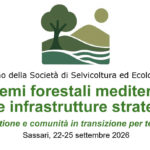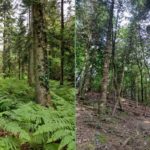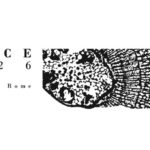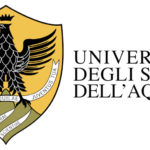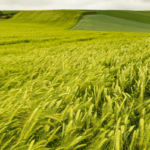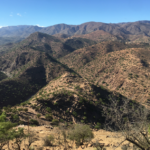PhD position in Ecophysiology at CEA-Cadarache, France
Segnalato da: Francesco Loreto
PhD position in Ecophysiology
A PhD position is available for a study of carbonyl sulfide (COS) gas exchange between the atmosphere and the plant (see summary below). The proposed study will benefit from a recently developed state-of-the-art instrument to analyse COS at natural abundance. The place of work is in the Laboratory of Molecular Ecophysiology of Plants at the CEA-Cadarache in St Paul-lez-Durance/Southern France, with field studies at the O3HP. The thesis is financed in the framework of the LabEX OT-Med.
The candidate is expected to have interest or expertise in plant ecophysiology or related fields. He/ she needs to hold a Master degree (or equivalent) by October 2012. Good knowledge of either the English or French language is mandatory.
Interested candidates should submit their application to Ilja Reiter (ilja.reiter@eccorev.fr) and Bernard Genty (bernard.genty@cea.fr), including a CV and reference contacts. Deadline for submitting the application is the 4th June.
Summary of the scientific project
Title: The ecophysiological basis of carbonyl sulphide (COS) gas exchange of plants with the atmosphere
Predicting the sensitivity and vulnerability of ecosystems to climate change needs quantitative observations of the vegetation responses in relation to environmental variables and constraints. Robust measures of vegetation responses is their gas exchange with the atmosphere, principally reflected in photosynthesis and respiration, this is to say uptake and emission of CO2. Our understanding has high uncertainties in terms of predicting climate-related responses in photosynthesis and respiration. Tracers of plant responses such as stable isotopes are ideal tools to address plant gas exchange. However, new independent tracers are needed – for the plant, the ecosystem and therefore also on the global level. A very promising candidate, carbonyl sulphide (COS), is currently being explored. COS and CO2 have common physiological pathways. Both molecules diffuse through the stomata and into the cells of the photosynthetic organs where they are metabolised. The main objective of the program for this thesis is to provide a deeper understanding of the fate of COS at the leaf level, how COS fluxes relate to CO2 and water vapour gas exchange of leaves and the canopy, and what are the dependencies on environmental conditions, in order to validate COS as a tracer of gross ecosystem CO2 uptake. The proposed study will benefit from a state-of-the-art laser spectrometer to measure fluxes of COS in natural abundance (500 ppt) available in the laboratory.
More info: Ilja Reiter (ilja.reiter@eccorev.fr), Bernard Genty (bernard.genty@cea.fr)


